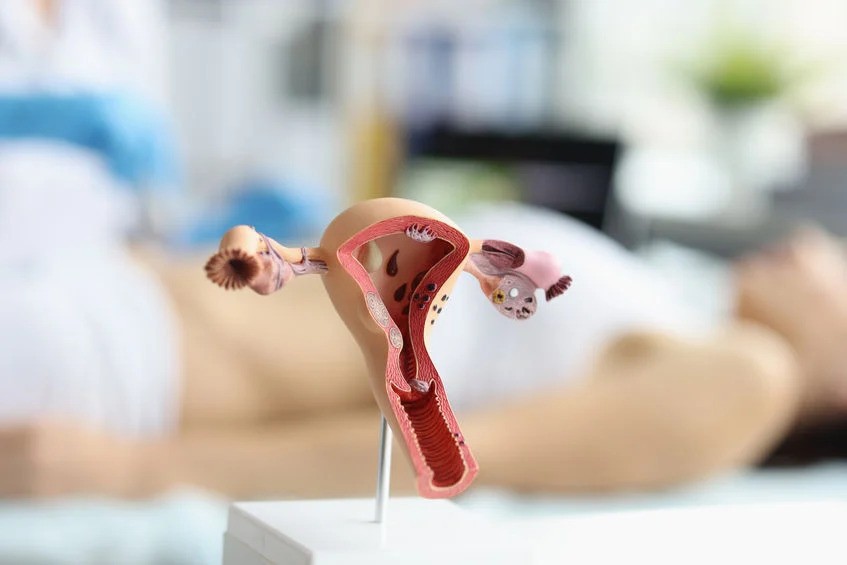IVF has evolved significantly over the years, becoming safer and more efficient. However, one complication that remains a concern is Ovarian Hyperstimulation Syndrome (OHSS). While advances in medical protocols have reduced its incidence, awareness and prevention are essential. This guide provides an overview of OHSS, its causes, and practical tips for prevention.
Understanding OHSS
Ovarian Hyperstimulation Syndrome occurs when the ovaries respond excessively to fertility medications, leading to an overproduction of eggs. This can result in fluid accumulation in the abdomen or chest. Although not all women undergoing IVF will experience OHSS, those who do should seek immediate medical attention.
OHSS Statistics
Approximately 3 to 6% of women undergoing IVF are affected by OHSS, with severe cases occurring in less than 2% of patients. Preventative measures, adequate rest, hydration, and monitoring are recommended for those at risk.
Tips for Preventing OHSS
Maintain Hydration and Balanced Nutrition
Staying hydrated is essential in regulating the body’s fluid balance. Studies have shown that even mild dehydration can impact physical and mental well-being. Given that the human body is composed of about 60-70% water, maintaining proper hydration is vital during IVF treatments. Adequate water intake supports organ function and prevents complications such as blood clots and kidney strain. Alongside hydration, a balanced and nutritious diet helps support overall health and reduces the likelihood of severe OHSS symptoms.
Monitor Hormone Levels
Careful monitoring of hormone levels, especially estrogen, is critical. Fertility specialists may check estrogen levels in the morning before administering a trigger injection. This information helps determine the safest course of action, such as choosing the appropriate trigger type. Regular hormone level checks can provide early warnings of hyper-response, allowing timely intervention.
Communicate Effectively with Healthcare Providers
Effective communication with your clinical team is essential, especially after egg retrieval. If you experience symptoms such as abdominal bloating, pain, difficulty urinating, or breathing difficulties, inform your healthcare providers immediately. Prompt communication ensures that necessary steps are taken for a smooth recovery, minimizing the risk of complications.
Adopt Protocols to Minimize OHSS Risk
Fertility specialists often recommend specific protocols for women with a high number of mature follicles or elevated estradiol levels. One effective strategy is freezing all embryos instead of performing a fresh embryo transfer, which significantly reduces the risk of OHSS. Personalized treatment plans and careful monitoring can help manage the risk effectively.
Enhancing IVF Success and Minimizing OHSS Risk Through Practical Strategies
Women undergoing fertility treatments can enhance their chances of success and reduce the risk of OHSS by following practical strategies. Maintaining hydration and balanced nutrition, monitoring hormone levels, and maintaining open communication with healthcare providers are essential steps. By adopting these practices, the journey through IVF can be safer and more manageable, ensuring better outcomes and overall well-being.
Final Thoughts
The journey through IVF can be demanding, but with the right precautions and support, it can also be rewarding. Understanding the risks and preventive measures for OHSS is an essential part of this process. Stay informed, stay hydrated, and stay connected with your healthcare team to navigate this journey successfully.
Conclusion:
Always consult with your doctor or a healthcare professional before making significant dietary changes for Safer IVF Journey. They can provide personalized guidance based on your medical history and current health status.
Note- If you have any health-related concerns, please call us at +91-9058577992 to receive free consultation from our experienced doctors. Thank you.


